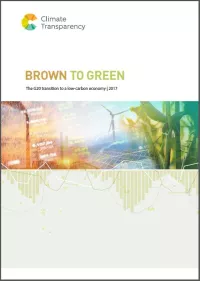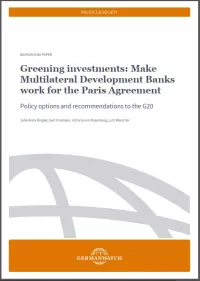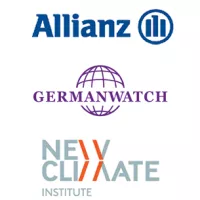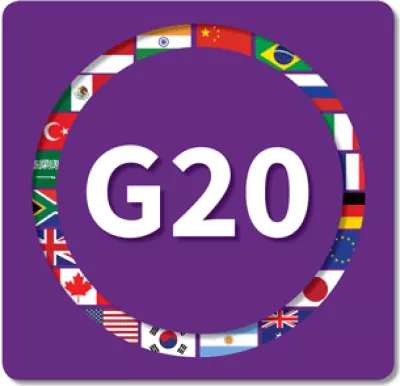G20 Presidency in 2022
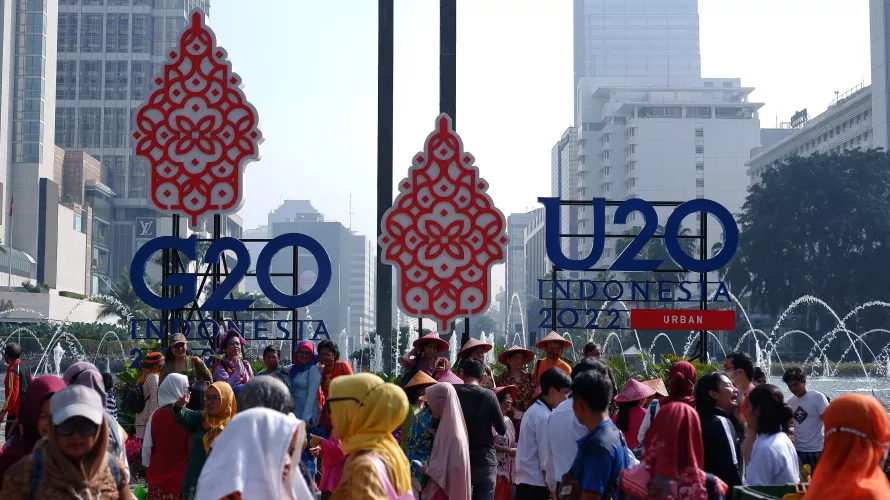
Foto: Shutterstock
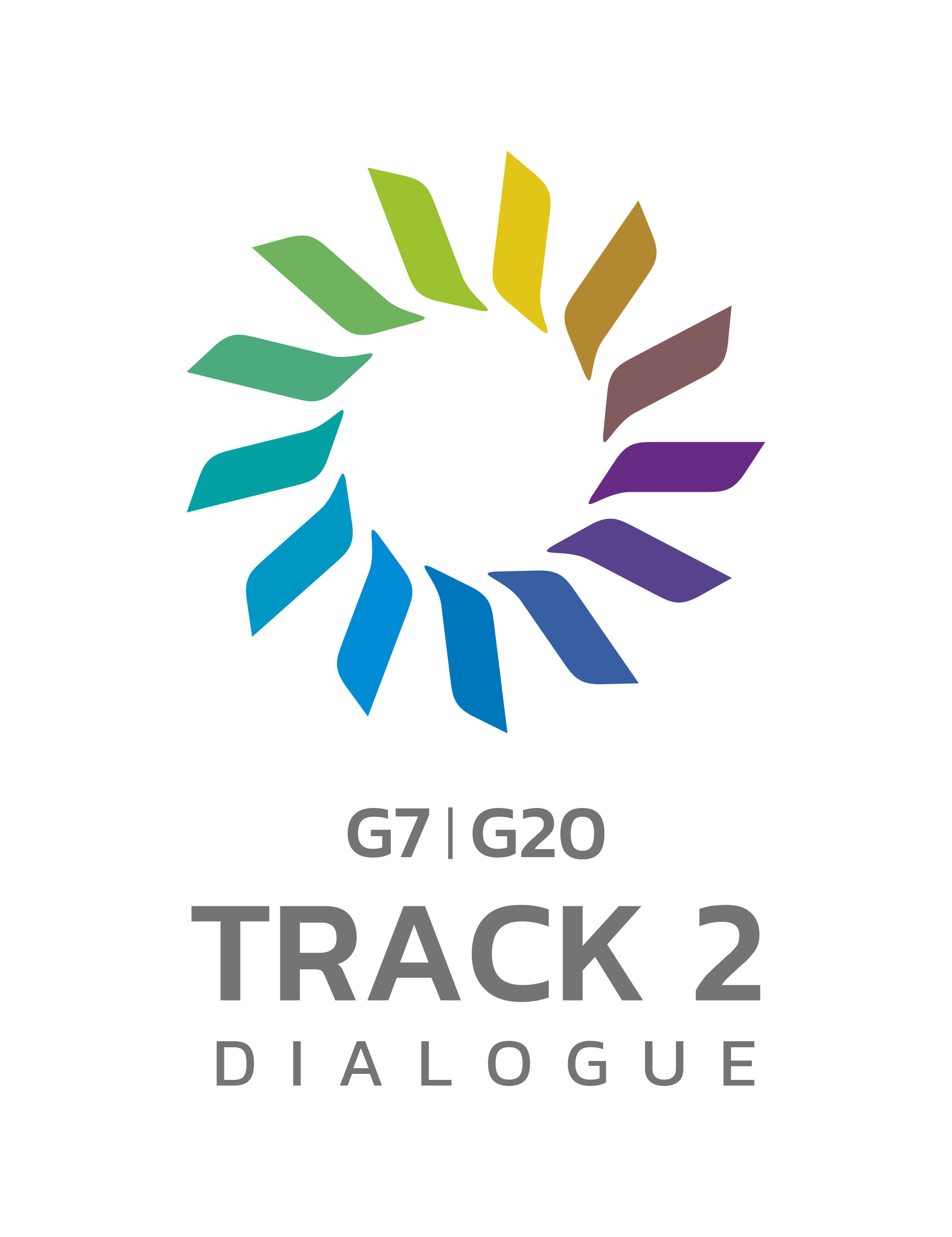 Indonesia will hold the G20 Presidency this year. Along with international partner organisations, Germanwatch will be assisting the dialogue among civil society actors (“Track 2 Dialogue”) and building a bridge between them and political decision-makers in order to strengthen cooperation between the heads of state and government within G20. The main emphasis will thereby be on climate, just energy transition, and other related energy policies.
Indonesia will hold the G20 Presidency this year. Along with international partner organisations, Germanwatch will be assisting the dialogue among civil society actors (“Track 2 Dialogue”) and building a bridge between them and political decision-makers in order to strengthen cooperation between the heads of state and government within G20. The main emphasis will thereby be on climate, just energy transition, and other related energy policies.
News about the G20
Climate policy in Turkey is shaped by the country’s fossil-fuel based energy strategy, while domestic demand for more ambitious climate action is weak. Current energy market dynamics and joint G20 strategies to align markets with the Paris Agreement might, however, provide impetus for change. Turkey displays similar traits with other emerging economies: Above the global average GDP growth rate, increase in energy demand and GHG emissions, and a yet-to-decouple correlation among these three indicators. Yet, there are discrepancies as well.
For the first time, Canada has a framework that brings the federal government, most provincial and territorial governments, and all major economic sectors together on a shared path of climate action. This puts Canada into position to join other countries in showing significant international climate leadership. After the recent G7 Summit outcome in Taormina, the upcoming Canadian G7 presidency will be decisive to push climate action forward.
Real name
Representation of the Policy Director until 15.6.24


